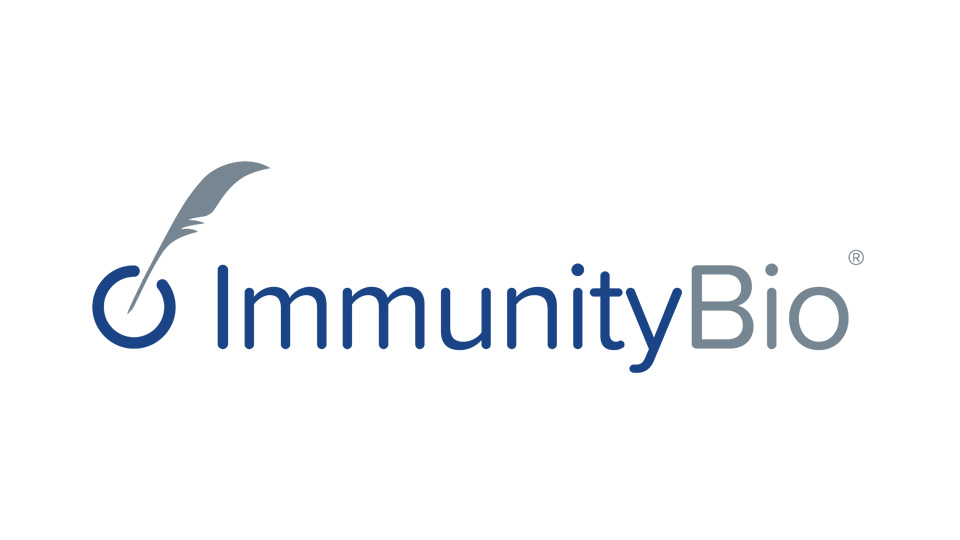Find a Clinical Trial
By getting involved in a clinical trial, you’ll have a chance to help advance medical research for yourself and others.
Learn More About Our Clinical Trials
Our goal is to engage and enhance the immune system’s natural ability to fight even difficult-to-treat diseases, creating better treatments for better outcomes. Clinical trial volunteers play a critical role in helping us achieve this goal, furthering our research while also being among the first to have access to potential new therapies. Together, we can find better ways to prevent, diagnose, and treat disease.
All information submitted using this site is transmitted securely.
Our commitment to you

Diversity, Equity, and Inclusion
We make our investigational therapeutics available to all people across all locations in the United States.
Frequently Asked Questions
What is a clinical trial?
A clinical trial is a research study intended to determine if a potential new way to prevent, detect, or treat disease is safe and effective in people with a particular disease or condition. Clinical trials involving volunteer participants are the primary way that researchers evaluate whether a new drug or treatment will work and/or whether it may be more effective, or have fewer side effects, than existing drugs or treatments. According to the U.S. National Institutes of Health (NIH), clinical trials are at the heart of all medical advances and help doctors and researchers learn more about disease and improve health care for people in the future.
Who oversees clinical trials?
Clinical trials in most countries are strictly regulated by government agencies. In the U.S., clinical trials are regulated by the Food and Drug Administration (FDA), part of the federal Department of Health and Human Services. Before the FDA approves a clinical trial involving human volunteers, scientists must first perform laboratory tests and studies in animals to evaluate whether a treatment is safe and potentially effective. If these early phase trials show favorable results, the FDA can then approve human clinical trials.
Independent Review Boards (IRBs), which comprise experts in a given therapeutic area, monitor clinical trials to make sure appropriate steps are taken to protect the rights and welfare of trial participants. Under FDA regulations, an IRB has the authority to approve, require modifications in, or disapprove research. Visit the FDA website for more information on how IRBs work.
Why are clinical trials important for cancer patients?
Cancer claims millions of lives around the world every year. Cancer researchers are working constantly to identify new treatments for cancer patients that will be better, more effective and/or safer than treatments that exist today. Clinical trials are a vital step in developing those treatments so they can be prescribed to patients and move us ever closer to a cure. Cancer patients who volunteer to participate in a clinical trial are not only advancing research, but also helping ensure new and better treatments are available for other cancer patients.
Why should I participate in a clinical trial?
People choose to join trials for a variety of reasons. Sometimes they do so because the treatments they have tried for their health problem did not work, or did not produce an acceptable outcome. Other times, there may be no treatment currently available for their health problem. Many trial participants join trials because they want to play a more active role in their own healthcare, or because they want to help researchers learn more about certain health problems. Regardless of their reasons, patients who volunteer to participate in clinical trials may learn about new treatments months or years before they become widely available. The NIH has valuable resources for people considering joining clinical trials.
How can I participate in a clinical trial?
Most clinical trials in the United States (and globally) are listed in a database maintained by the National Library of Medicine, and available at the clinicaltrials.gov website. Individuals can search that site by disease or condition, or in other ways, to locate clinical trials of potential interest to them and learn how they or their doctors can contact the researchers in charge of the study. If you are interested in participating in one of ImmunityBio’s clinical trials, it is easy to apply: Simply complete the patient form on our website and a member of our team or a trial partner will follow up with you.
What is ImmunityBio's experience in clinical trials?
ImmunityBio has extensive experience in clinical trials for cancer and other serious diseases. ImmunityBio, including companies it has acquired or absorbed, has conducted dozens of clinical trials involving more than 1,800 participants. Many clinical trials are ongoing or planned and in need of additional volunteer participants. If you are interested in participating in one of them, just complete the patient form on our website and a member of our team or a trial partner will follow up with you.
Can I talk with someone who has been through a clinical trial?
It is possible, but not directly through ImmunityBio. Patient privacy and the integrity of a clinical trial require that information about individual participants be kept confidential, and that patient data shared with ImmunityBio remains anonymous. The independent trial sites that are working directly with participants may, however, be able to connect you with a trial participant who has given explicit permission to be contacted. In addition, patient advocacy organizations including the Susan Komen Foundation, PanCan and the Bladder Cancer Advocacy Network (BCAN) are potential resources for connecting with trial participants.
Learn more about our Compassionate Use program
Sponsored by the National Cancer Institute (NCI)
Sponsored by the National Institute of Allergy and Infectious Diseases (NIAID)





